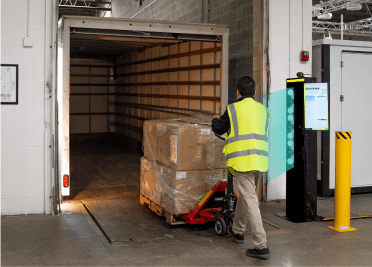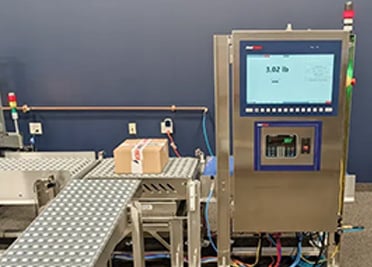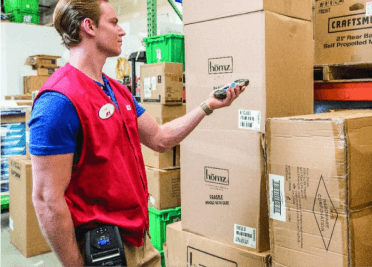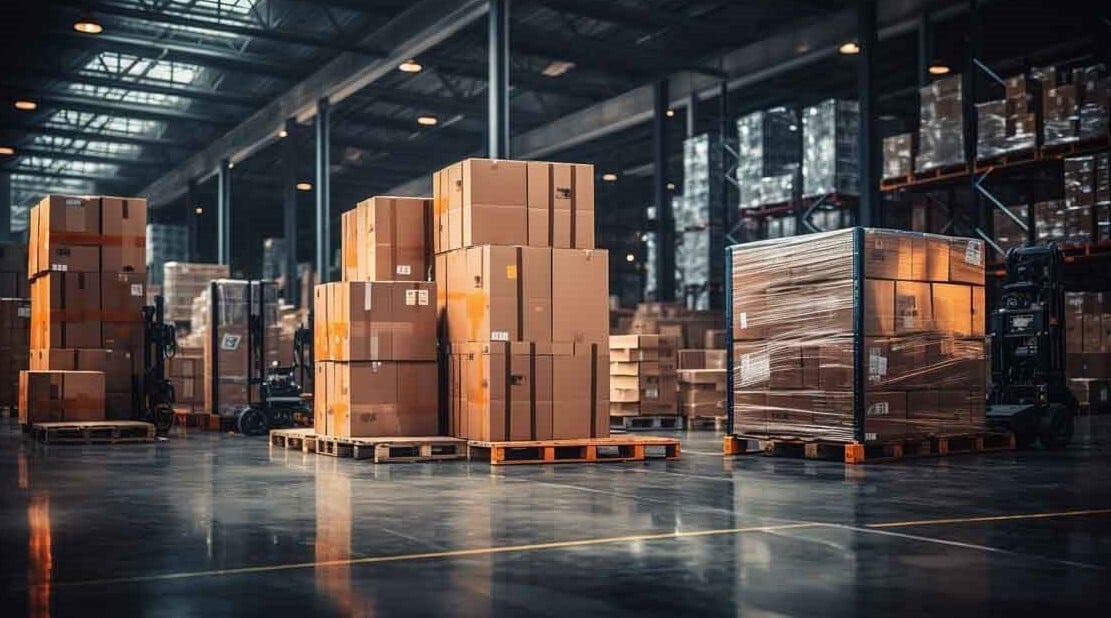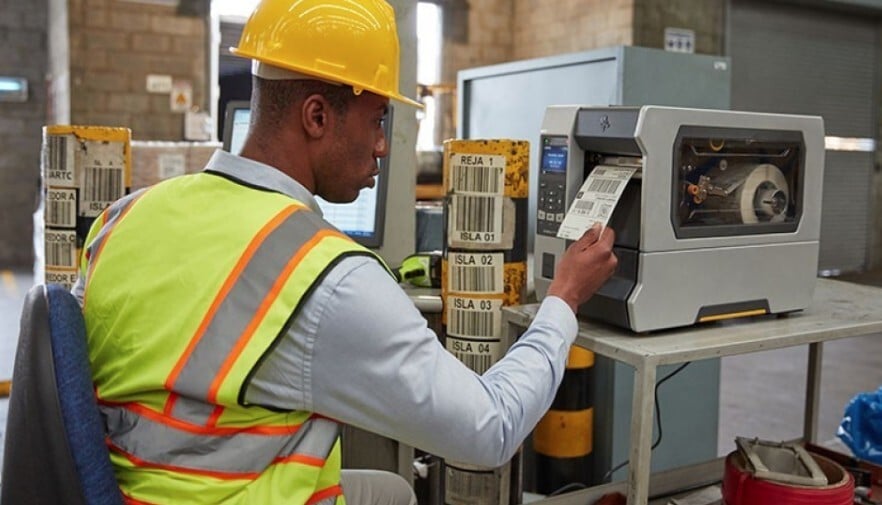If you’ve been following our recent blog series, then you know we’ve been talking about RFID technologies and what they can do for the manufacturing industry. Continuing our most recent blog topic, today we’ll again talk about RFID tags.
Various types of RFID tags are used within different environmental conditions. Tags that perform well when attached for wooden pallets, for example, may not be the best choice for glass, metal containers or cardboard cases. Tags may be as large as a brick or as small as a grain of rice, or even flexible enough to be embedded within an adhesive label and transferred through a bar code label printer. Tags also very in their performance, power requirements, memory storage and read/write ability.
Depending on the environment and application, RFID tags also have a wide range of durability, paper-thin “Smart labels,” for example, are designed to be disposable or used one time, and special RFID/ bar code label printers can produce a wide range of customizable RFID labels that can be implemented quickly and easily. Other RFID tags, however, are designed for permanent identification applications and can be made to withstand acids and solvents, moisture, oil, high heat and other hazardous environments. These can provide a TCO advantage over disposable bar code labels.
Tags can be active, battery assisted or passive. Most current and proposed retail applications and consumer goods logistics can be satisfied with passive tagged which are smaller and don’t require batteries, while active tags are ideal when it’s important to read the tags at the longest possible distance.
Just like CDs, RFID tags can be read-write or read-only, meaning they can either be altered/ re-written (read-write) or “readable” only. Data on read/write tags can be revised or erased thousands of times by the user.
RFID readers have a variety of additional placement options that bar code labels do not because direct line-of-sight is not necessary. They can be portable or placed in fixed positions.
Of course, what you really want to know is how RFID tags and other technologies can benefit you manufacturing business. Fortunately, AbeTech has the answers you’re searching for. Contact us online today, or give us a ring at 888.682.3113.
